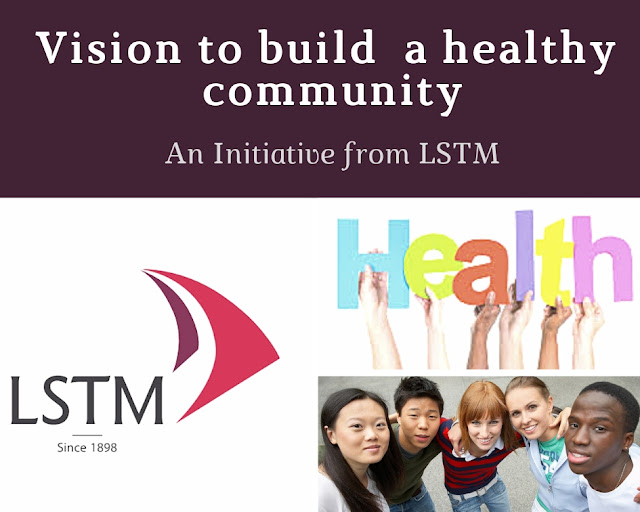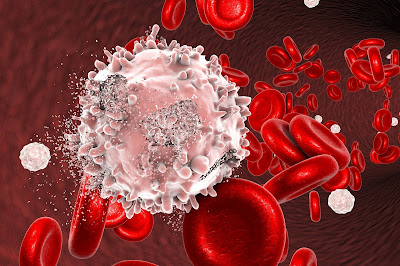Surgery and addictions counseling associated with reduced mortality in injection drug users with endocarditis
Cases of endocarditis - infection of the heart valves - have risen dramatically in recent years as a result of the opioid crisis. In London, Ontario 55 per cent of people who experience heart valve infections are injection drug users. They are particularly vulnerable to the disease and a third die as a result.
In an effort to improve outcomes, researchers at Lawson Health Research Institute and Western University are studying which clinical factors are associated with improved survival in this patient population. In a new study, they showed that both surgery and in-hospital addictions counseling are linked to significantly reduced mortality in injection drug users with first-episode endocarditis. Surgery was associated with a 56 per cent reduction in mortality, while in-hospital addictions counseling was associated with a 72 per cent reduction.
The project was a retrospective cohort study that examined anonymous patient data from 2007 to 2016 at London Health Sciences Centre (LHSC) and St. Joseph's Health Care London. Of 370 patients with first-episode endocarditis, 202 were persons who inject drugs. Of those 202 patients, 39 had cardiac surgery at LHSC and 40 were referred for addictions counseling to start in while they were still in-hospital.
The study found that patients who received surgery experienced a 56 per cent reduction in mortality. Patients who received surgery were normally the most severely ill and most in need. While additional studies are necessary, the researchers point to these findings as a reason for cardiac surgery to be considered as a viable treatment option in carefully selected patients.
"In the past, many centers have not performed cardiac surgery in patients who inject drugs due to concerns about poor outcomes. Continued injection drug use was viewed as a risk for reinfection," says Dr. Michael Silverman, author of the study, Lawson scientist and Chair/Chief of Infectious Diseases for Western's Schulich School of Medicine & Dentistry, LHSC and St. Joseph's. "Our study challenges those beliefs. It shows that when we account for the severity of a patient's illness, they're more likely to survive with surgery."
Patients who were referred for addictions counseling while in-hospital experienced a 72 per cent reduction in mortality. Addictions counseling was provided by a consultant who would meet with patients to provide education on risks for infection, harm reduction strategies and support towards addictions recovery, including referral to community supports.
"Education and support for these patients is critical. The majority of the patients I see don't understand what they're doing to cause an infection and may be highly motivated to undertake a lifestyle change," says Dr. Sharon Koivu, author of the study, Lawson scientist, associate professor at Schulich Medicine & Dentistry and palliative-care physician at LHSC. "This study shows the importance of working with patients towards harm reduction and addiction recovery while they're still being treated in-hospital."The study's authors point out that, in other centers, patients are not commonly referred for addictions counseling while still being treated for an acute infection. It is commonly believed they are too ill to undergo this type of therapy. The more common approach is to treat the infection and refer patients for addictions counseling after discharge.
London's rates of endocarditis in persons who inject drugs are significantly higher than other regions. While injection drug users account for 55 per cent of all heart valve infections in London, they account for only 8 to 12 per cent in large studies in the United States. To address this issue, the research team is conducting a number of additional studies. Current projects are exploring the reasons behind such high local rates and the best strategies for treatment, including antibiotic and surgical interventions.
"We don't often get a chance to look at large numbers of this particular patient population but there is a plethora of local data available," says Dr. Laura Rodger, author of the study and a resident physician at Schulich Medicine & Dentistry and LHSC. "Our team wants to bring meaning to that data by asking the right questions to ultimately improve patient outcomes."
Source: Medical News




Its a pleasure for me to write this testimony about how i got my Genital Herpes simplex been reading so many comments of some people who were cured from various diseases by Dr ubarlo but i never believed them. I was hurt and depressed so I was too curious and wanted to try Dr ubarlo, then i contacted him through his email when i contact him, he assured me 100% that he will heal me, i pleaded with him to help me out. My treatment was a great success, he healed me just as he promised. he sent me his medication and ask me to go for check up after one weeks of taking the medication. i agreed with him i took this medication and went for check up a , to my greatest surprise my result was negative after the treatment, i am really happy that i am cured and healthy again. I have waited for 3weeks to be very sure i was completely healed before writing this testimony. I did another blood test one week ago and it was still Herpes negative. so i guess its time i recommend anyone going through Herpes HSV-1 or HSV-2, HIV, HPV, Hepatitis B, Diabetes, Cancer reach him through Email drubarlohome@gmail.com OR add on whatsapp +2348119508814
ReplyDelete